LAST DAY! ⏳ Secure top scores and your uni dream. 💡Only Rp 90,000 for 40 minutes. Offer ends MIDNIGHT!
LAST DAY! ⏳ Secure top scores and your uni dream.
💡Only Rp 90,000/hour TODAY. Offer ends MIDNIGHT!
LAST DAY! ⏳ Secure top scores and your uni dream. 💡Only Rp 90,000 for 40 minutes. Offer ends MIDNIGHT!
LAST DAY! ⏳ Secure top scores and your uni dream.
💡Only Rp 90,000/hour TODAY. Offer ends MIDNIGHT!

Outstanding Education

English Programme

Career Opportunities

Good Value for Money

Great place to live
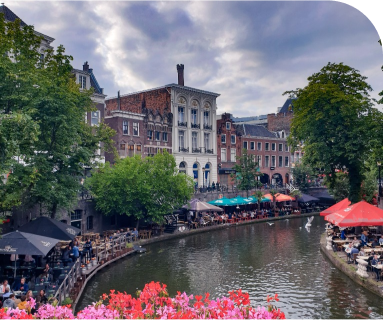
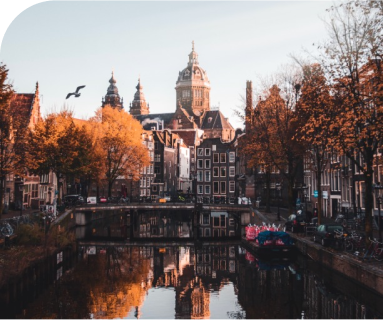
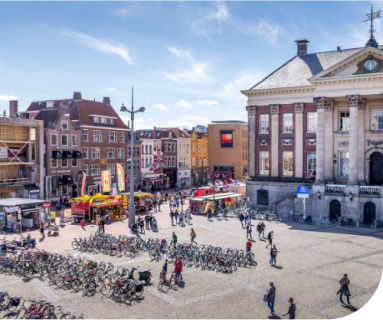
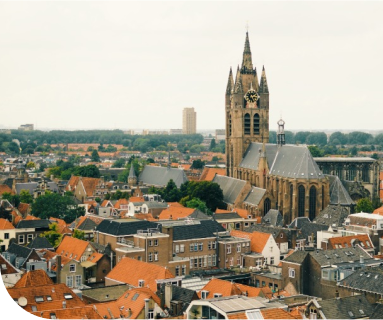
Here are some of the reasons why studying in Dutch is a good idea:
The Netherlands offers a multitude of appealing aspects for international students, including top-notch education, a diverse selection of English-taught programmes, a welcoming society, and promising post-study employment prospects.
Living costs and tuition fees in the Netherlands are crucial factors to consider for international students. Typically, the cost of tuition for non-EU/EEA students varies between 6,000 EUR and 15,000 EUR per year for bachelor’s programmes, and between 8,000 EUR and 20,000 EUR for master’s programmes. The specific amount depends on the area of study and the university. The cost of accommodation can vary significantly depending on the city and type of housing, ranging from 300 EUR to 1,000 EUR per month on average. Amsterdam and Utrecht are known for being more expensive compared to other cities.
Tuition for international students:
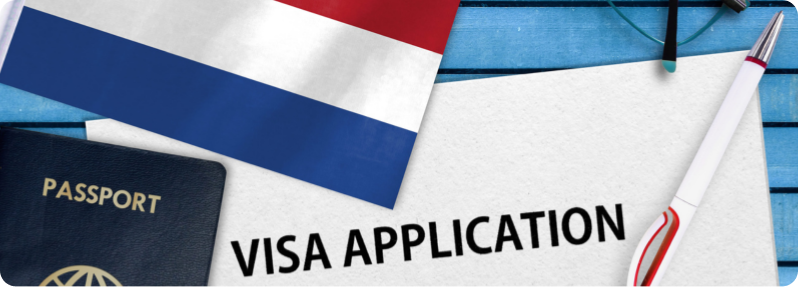
An acceptance letter from a Dutch university, evidence of sufficient income (about €10,800 annually), a valid passport, and health insurance are typically required for the application process. Through the Dutch Immigration Service (IND), the institution frequently offers assistance with the application procedure for a visa or residence permit. It is important to apply well in advance of the course start date, as the processing time can take several weeks.
Student visa Dutch requirements
To apply for a student visa to study in Dutch, you’ll need the following:
Three sections make up the Dutch healthcare system:





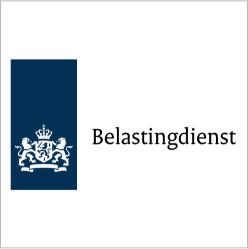
Keep in mind the following steps to obtain health insurance in Dutch as an international student:

• University of Amsterdam
• University of Twente
• Wittenborg University of Applied Sciences

• Breda University of Applied Sciences
• University of Amsterdam
• NHL Stenden University of Applied Science

• University of Amsterdam
• University of Twente
• Twente Pathway College

• University of Amsterdam
• University of Twente
• NHL Stenden University of Applied Science

• University of Amsterdam
• NHL Stenden University of Applied Science
• Breda University of Applied Sciences
| Accommodation expenses in China for international students | Expenses (approx) |
|---|---|
| Single Apartment | 500 EUR – 1,000 EUR per month |
| Shared Apartment | 400 EUR – 700 EUR per month |
| Student Houses | 350 EUR - 600 EUR per month |


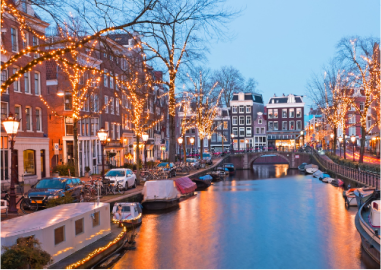
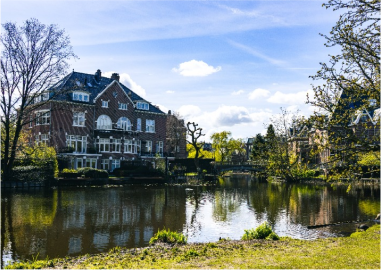


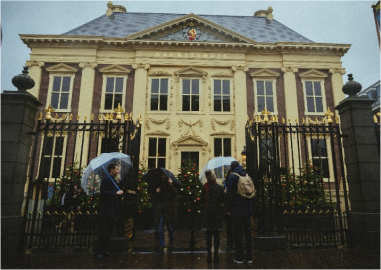
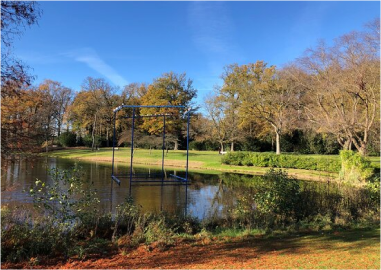
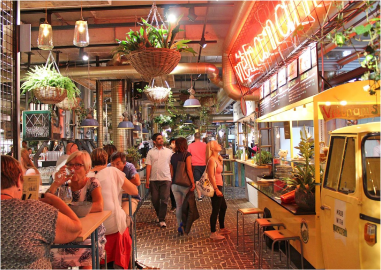
The Netherlands has quickly made it up the ranks to establish itself as a highly appealing study destination. This is perfect for individuals seeking top-notch education and valuable opportunities. Nevertheless, pursuing education in the Netherlands as an international student can be quite costly. If you’re unable to secure a scholarship for studying in the Netherlands, exploring part-time job opportunities can be a great way to ease the financial burden. Working in the Netherlands as a non-EU student comes with certain limitations during your studies. It is important to note that the maximum number of hours you can work per week is 16. Additionally, your employer must submit the work permit application at least 5 weeks before your employment begins. Discovering part-time opportunities for international students in the Netherlands is a relatively straightforward process. However, it’s important to have a good understanding of the rules and regulations.
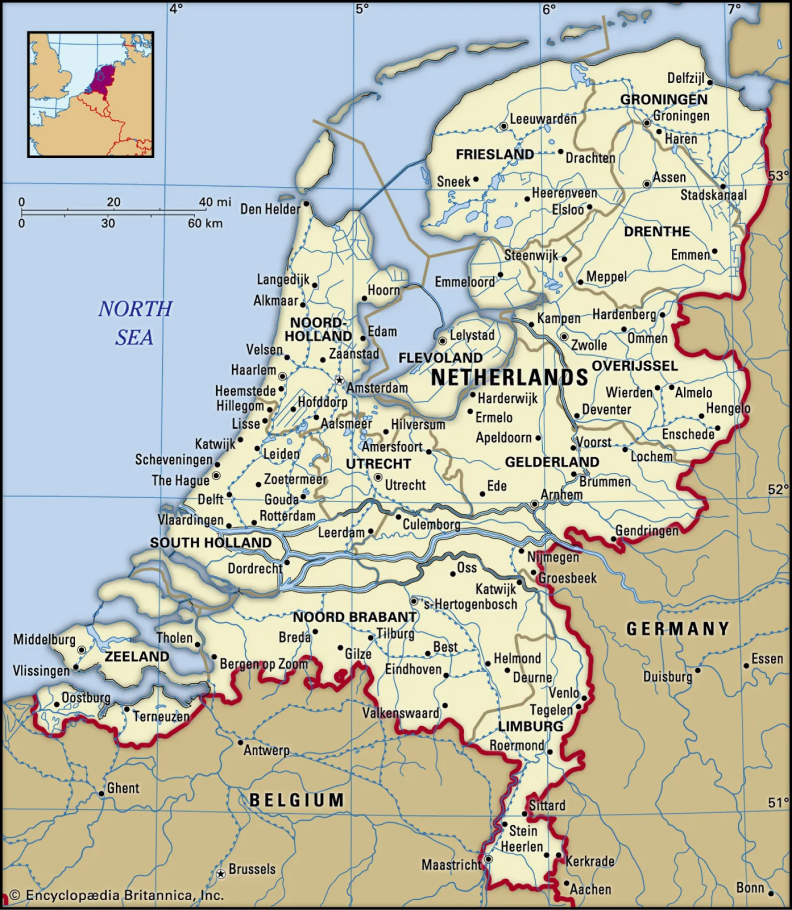
The Netherlands, located in Northwestern Europe, is known for its flat landscape and impressive land reclamation and water management. The country’s extensive coastline along the North Sea has required sophisticated flood defenses, such as the Delta Works, a system of dams and storm surge barriers. The country’s strategic rivers, including the Rhine, Meuse, and Scheldt, are vital for the economy, enabling seamless trade and efficient transportation. Rotterdam, a global commercial hub, is situated at the mouth of the Rhine. The Netherlands’ geography has significantly shaped its culture and lifestyle, with cycling being a primary mode of transportation due to its flat terrain. The country’s low-lying terrain, sophisticated water management systems, and strategic location have made it a fundamental aspect of its national identity and a key driver of its economic and cultural progress. The Netherlands’ geography has a significant impact on its culture and lifestyle.
The Netherlands, commonly known as Holland, is strategically situated in Northwestern Europe. It is situated alongside Germany to the east, Belgium to the south, and is surrounded by the North Sea to the northwest, which makes it an essential component of the European continent. Due to its strategic location at the confluence of three major European rivers—the Rhine, the Meuse, and the Scheldt—the country has long served as a vital transportation and trade hub. The Netherlands has strategically positioned itself as a key entry point to Europe, thanks to its advantageous location. The Port of Rotterdam, renowned as Europe’s largest and most significant seaport, further solidifies this position. The country’s strategic location near other prominent European countries and capitals, along with its efficient transportation infrastructure, renders it a highly accessible and appealing destination for tourists, students, and businesses alike. The geographical location of The Netherlands plays a crucial role in shaping its economic and logistical significance, as well as adding to its distinct cultural and environmental characteristics.
Do’s
Don’ts

Outstanding Education

English Programme

Career Opportunities

Good Value for Money

Great place to live




Here are some of the reasons why studying in Dutch is a good idea:
The Netherlands offers a multitude of appealing aspects for international students, including top-notch education, a diverse selection of English-taught programmes, a welcoming society, and promising post-study employment prospects.
Living costs and tuition fees in the Netherlands are crucial factors to consider for international students. Typically, the cost of tuition for non-EU/EEA students varies between 6,000 EUR and 15,000 EUR per year for bachelor’s programmes, and between 8,000 EUR and 20,000 EUR for master’s programmes. The specific amount depends on the area of study and the university. The cost of accommodation can vary significantly depending on the city and type of housing, ranging from 300 EUR to 1,000 EUR per month on average. Amsterdam and Utrecht are known for being more expensive compared to other cities.
Tuition for international students:

An acceptance letter from a Dutch university, evidence of sufficient income (about €10,800 annually), a valid passport, and health insurance are typically required for the application process. Through the Dutch Immigration Service (IND), the institution frequently offers assistance with the application procedure for a visa or residence permit. It is important to apply well in advance of the course start date, as the processing time can take several weeks.
Student visa Dutch requirements
To apply for a student visa to study in Dutch, you’ll need the following:

• University of Amsterdam
• University of Twente
• Wittenborg University of Applied Sciences

• Breda University of Applied Sciences
• University of Amsterdam
• NHL Stenden University of Applied Science

• University of Amsterdam
• University of Twente
• Twente Pathway College

• University of Amsterdam
• University of Twente
• NHL Stenden University of Applied Science

• University of Amsterdam
• NHL Stenden University of Applied Science
• Breda University of Applied Sciences
| Accommodation expenses in China for international students | Expenses (approx) |
|---|---|
| Single Apartment | 500 EUR – 1,000 EUR per month |
| Shared Apartment | 400 EUR – 700 EUR per month |
| Student Houses | 350 EUR – 600 EUR per month |

Register With Gold Star Education And Talk With Our Expert Counsellor








The Netherlands has quickly made it up the ranks to establish itself as a highly appealing study destination. This is perfect for individuals seeking top-notch education and valuable opportunities. Nevertheless, pursuing education in the Netherlands as an international student can be quite costly. If you’re unable to secure a scholarship for studying in the Netherlands, exploring part-time job opportunities can be a great way to ease the financial burden. Working in the Netherlands as a non-EU student comes with certain limitations during your studies. It is important to note that the maximum number of hours you can work per week is 16. Additionally, your employer must submit the work permit application at least 5 weeks before your employment begins. Discovering part-time opportunities for international students in the Netherlands is a relatively straightforward process. However, it’s important to have a good understanding of the rules and regulations.

The Netherlands, located in Northwestern Europe, is known for its flat landscape and impressive land reclamation and water management. The country’s extensive coastline along the North Sea has required sophisticated flood defenses, such as the Delta Works, a system of dams and storm surge barriers. The country’s strategic rivers, including the Rhine, Meuse, and Scheldt, are vital for the economy, enabling seamless trade and efficient transportation. Rotterdam, a global commercial hub, is situated at the mouth of the Rhine. The Netherlands’ geography has significantly shaped its culture and lifestyle, with cycling being a primary mode of transportation due to its flat terrain. The country’s low-lying terrain, sophisticated water management systems, and strategic location have made it a fundamental aspect of its national identity and a key driver of its economic and cultural progress. The Netherlands’ geography has a significant impact on its culture and lifestyle.
The Netherlands, commonly known as Holland, is strategically situated in Northwestern Europe. It is situated alongside Germany to the east, Belgium to the south, and is surrounded by the North Sea to the northwest, which makes it an essential component of the European continent. Due to its strategic location at the confluence of three major European rivers—the Rhine, the Meuse, and the Scheldt—the country has long served as a vital transportation and trade hub. The Netherlands has strategically positioned itself as a key entry point to Europe, thanks to its advantageous location. The Port of Rotterdam, renowned as Europe’s largest and most significant seaport, further solidifies this position. The country’s strategic location near other prominent European countries and capitals, along with its efficient transportation infrastructure, renders it a highly accessible and appealing destination for tourists, students, and businesses alike. The geographical location of The Netherlands plays a crucial role in shaping its economic and logistical significance, as well as adding to its distinct cultural and environmental characteristics.
Do’s
Don’ts
Customer Service
Customer Service

Enhance your platform experience to the fullest.
Register now and unlock a world of exclusive benefits tailored just for you.